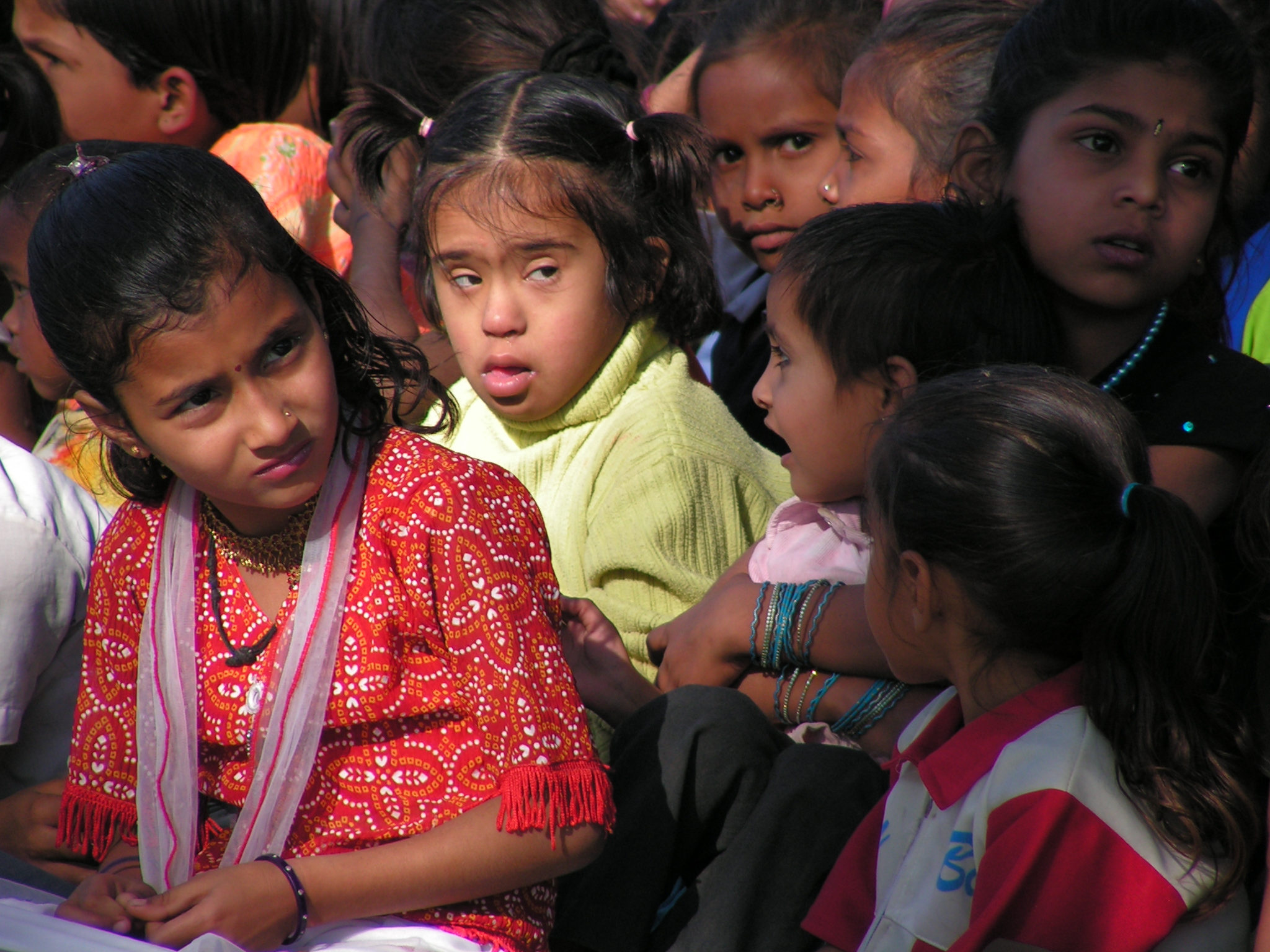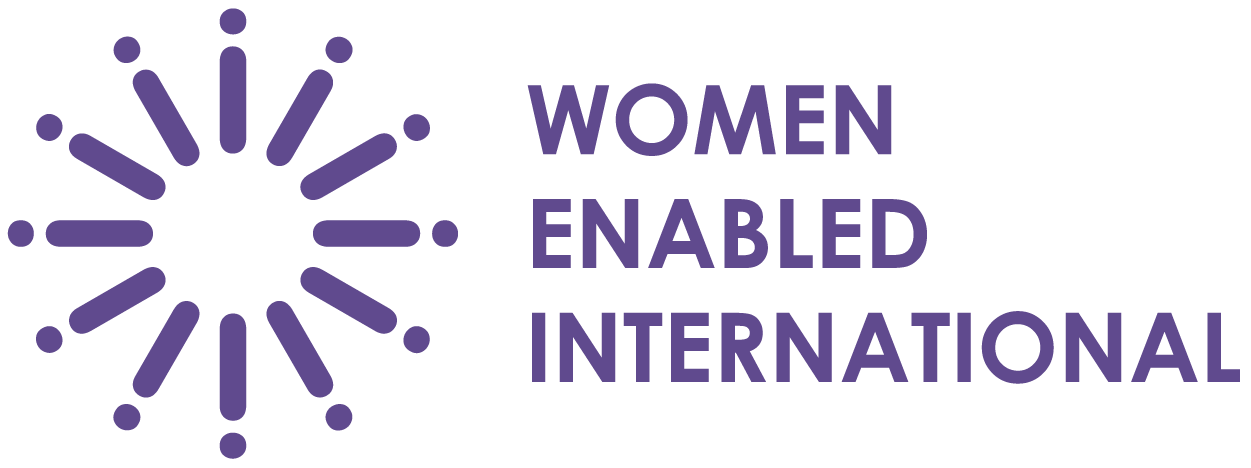Impact
WEI holds itself accountable to its mission and to individuals living at the intersection of gender and disability worldwide.
As an advocacy organization, our measures are more qualitative than quantitative. Progress is evidenced by disabled women-led activism, inclusion in mainstream movements, participation in decision-making processes, recognition of rights by experts and influencers, prioritization of intersectional approaches among the funding community, and greater representation of women and girls with disabilities.
Collaborating with Partners
Our success relies on close partnerships and constant collaboration. We regularly seek feedback from WEI stakeholders, including participants in our regional convenings and workshops, targets of our advocacy letters and campaigns, and partners and colleagues on a wide range of projects to keep us on track towards achieving our collective goals and to continuously strengthen our advocacy approach.
UNITED KINGDOM
POLAND
Raising Voices – Creating Spaces
Covid-19 Response
Convenings of Feminists with Disabilities
Commission on the Status of Women & Women Deliver
Covid-19 Response
The COVID-19 (see WEI COVID-19 resource page) pandemic laid bare – and intensified – the inequalities and injustices that women and gender non-conforming persons with disabilities face around the world.
In March 2020, WEI responded immediately to the pandemic by issuing a global survey to understand how the pandemic was impacting rights at the intersection of gender and disability around the world. The results of this survey were synthesized in an influential situation report launched in May 2020. WEI then partnered with 7 women with disability-led organizations from around the world, as well as UNFPA and UN Women, to dive deeper into these issues and create coordinated responses to the pandemic. Through these partnerships, we coordinated 20 virtual consultations and written surveys that reached more than 300 women, girls, and gender non-conforming persons with disabilities and their advocates and support persons to document their lived experiences during COVID-19, including critical concerns around increased gender-based violence, access to sexual and reproductive healthcare, and barriers to meeting basic needs and accessing employment, education, and essential services.
Based on the March survey, virtual consultations, and extensive research, WEI produced a set of resources with UN Women and UNFPA to strengthen human rights-based and gender- and disability-inclusive responses to this and future crises, including Checklists to strengthen disability inclusion in the provision of essential services, a Compendium of Good Practices, an Impact Assessment, and Know Your Rights materials. WEI also worked with partners to develop 5 submissions to UN special procedures and treaty monitoring bodies that emphasize the impact of COVID-19 on the lives of women, girls, and gender non-conforming persons with disabilities.
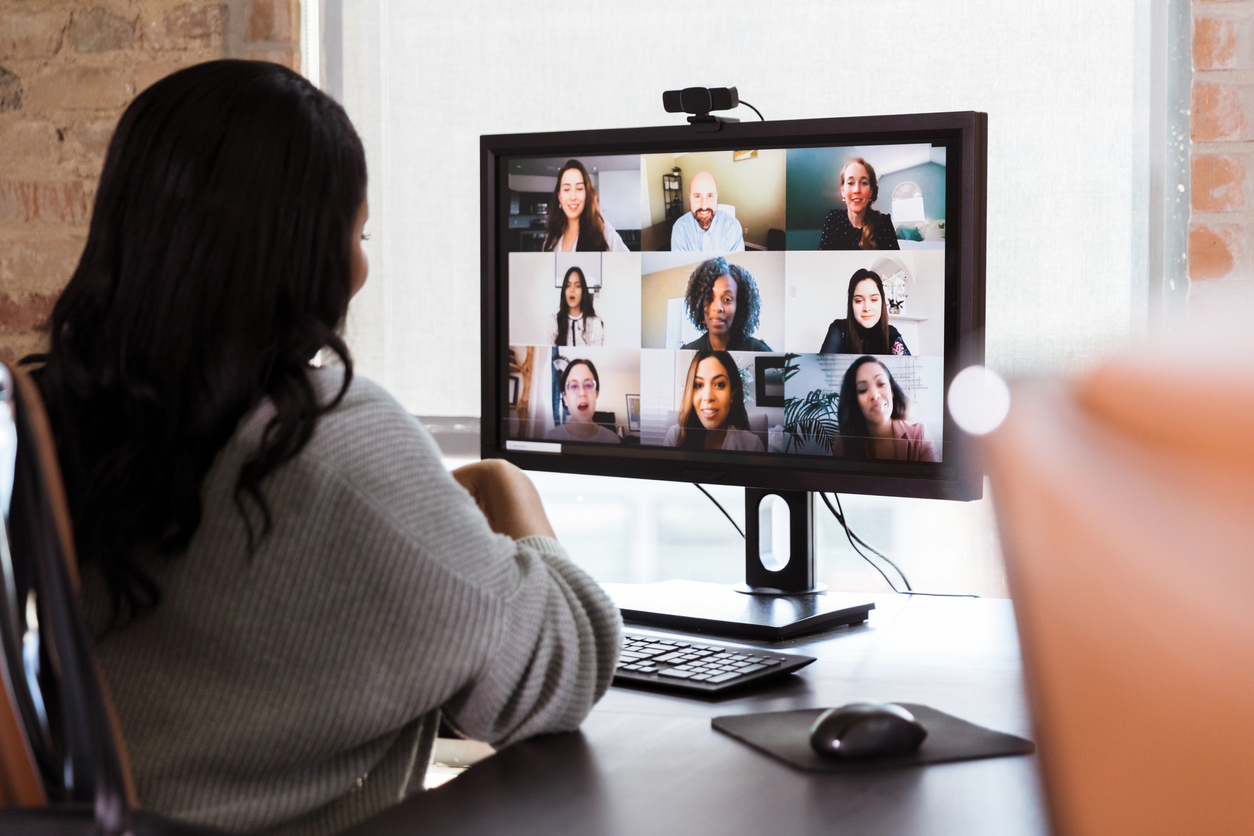
Convenings of Feminists with Disabilities
WEI convenes feminists with disabilities to share information and strategies to address common challenges, sharpen advocacy skills, and foster organizing for collective action. These intensive multi-day events have brought together advocates for a global convening in Switzerland and three regional convenings in Costa Rica, South Africa, and Thailand.
Building on the relationships and knowledge established during these convenings, WEI and convening participants have partnered on international human rights advocacy with the UN, to advocate for a stronger presence of feminists with disabilities at regional and global forums, and on coordinated international initiatives, such as our COVID-19 response efforts.
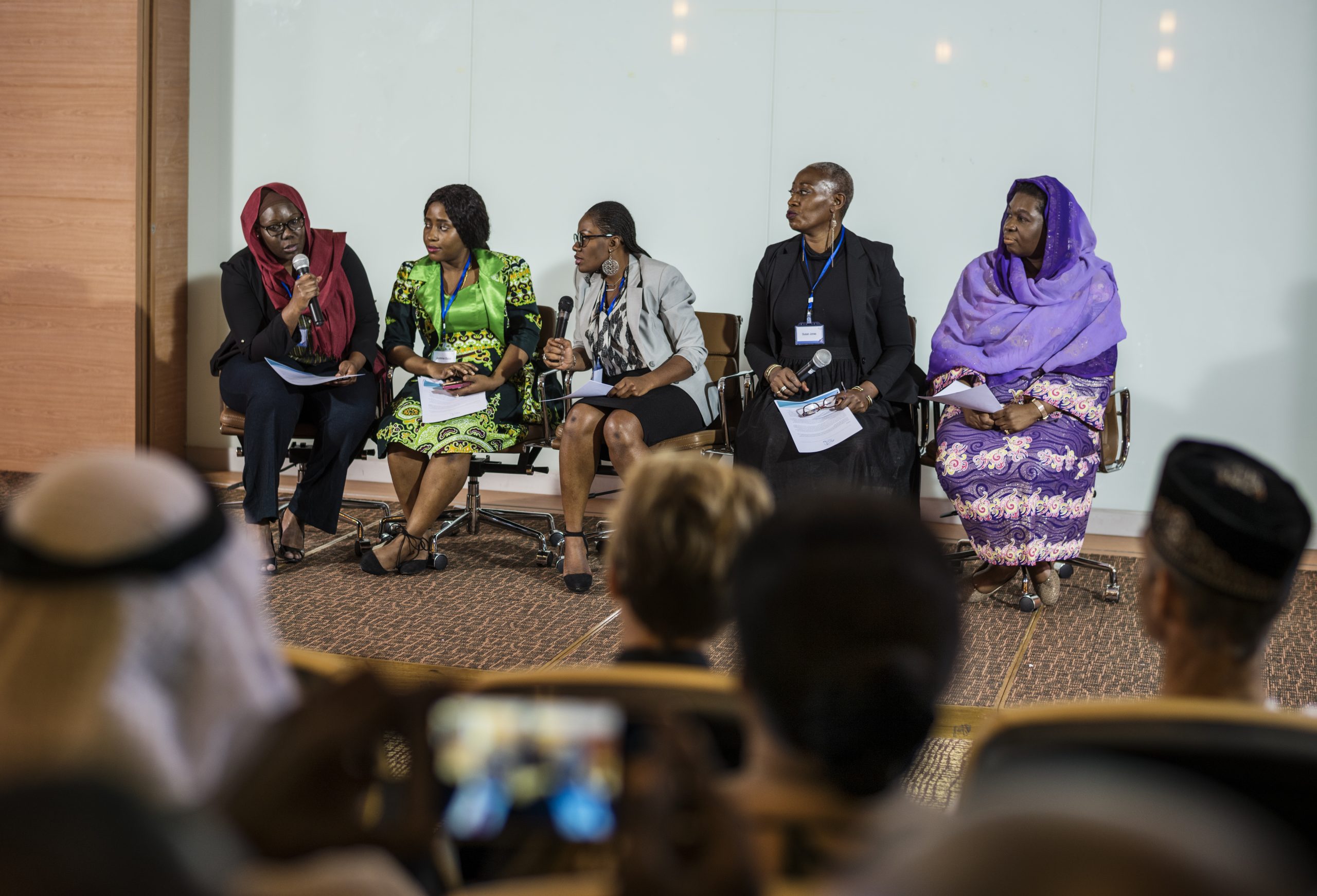
Commission on the Status of Women & Women Deliver
A key impact of WEI’s cross movement building work is increased engagement and inclusion of disabled women and other marginalized genders and their priority issues in the mainstream women’s rights movement. In addition to hosting sessions, speaking on panels, and making interventions at meetings addressing—or failing to address—gender and disability, WEI has taken action to make international women’s forums more accessible and inclusive of feminists with disabilities.
For example, WEI developed and disseminated a targeted resource for NGOs on how to host an accessible parallel event at CSW63 (Commission on the Status of Women conference), providing practical tips for accessible advertising, accessible event spaces, and substantively including people with disabilities in discussions. Our advocacy in advance of the 2019 Women Deliver conference resulted in increased consideration of disability for scholarship applicants, inclusion of disabled feminists in conference planning and advisory groups, assignment of an accessibility contact person for all attendees, and sign language interpretation at plenary sessions. WEI has also issued good practice guides for Social Media Accessibility and hosting International Meetings.
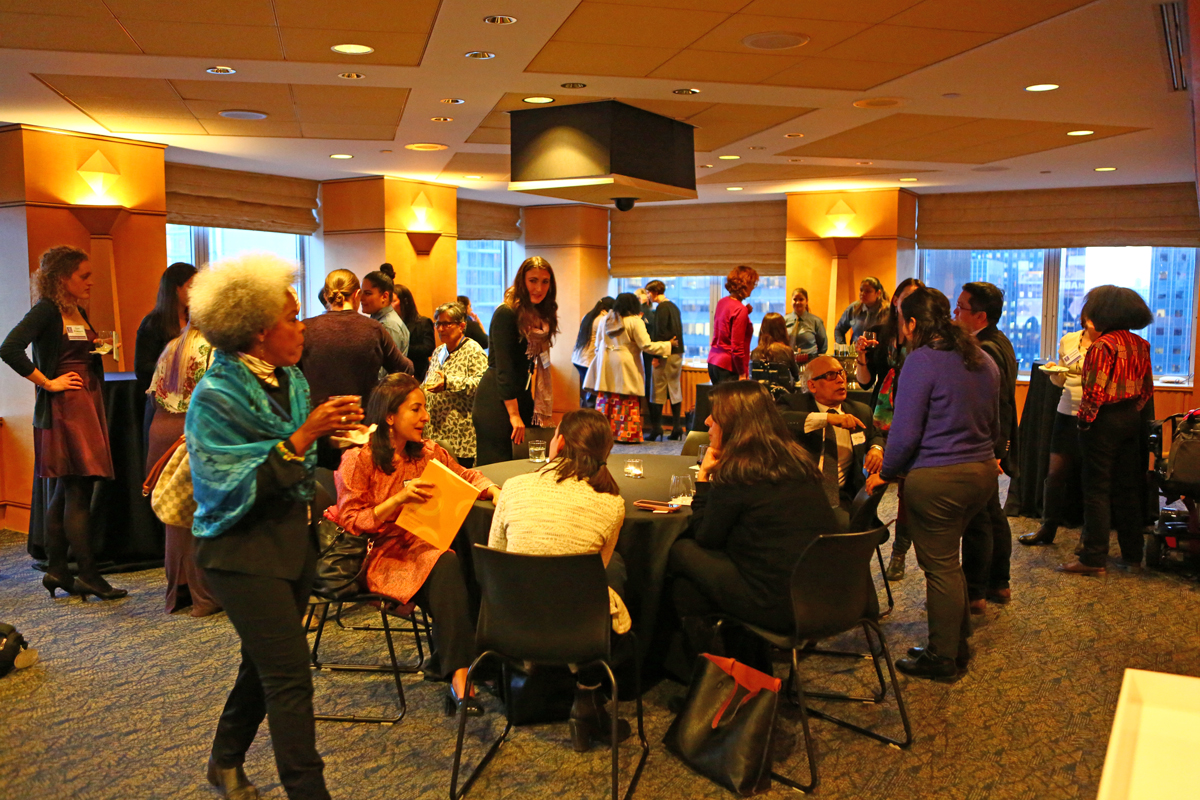
Shaping Human Rights Standards
U.N. Advocacy
Thought Leadership
accountABILITY
U.N. Advocacy
To effect changes in laws and policies, WEI engages international human rights mechanisms responsible for holding governments accountable for their human rights obligations. We document our impact when our legal advocacy influences their inquiries, assessments and recommended actions for upholding the human rights of women and other marginalized genders with disabilities.
For example, WEI partnered with Polish activist group Association of Women with Disabilities (ONE.pl) on written and in-person advocacy with the U.N. Committee on the Rights of Persons with Disabilities for its 2018 review of Poland. As a result of our advocacy, the Committee’s concluding observations and recommendations highlighted almost every issue we raised. Significantly to both disabled and non-disabled women in Poland, the CRPD Committee directed Poland to recognize the sexual and reproductive rights of women and girls with disabilities and to remove restrictions on access to abortion and on the right to found a family.
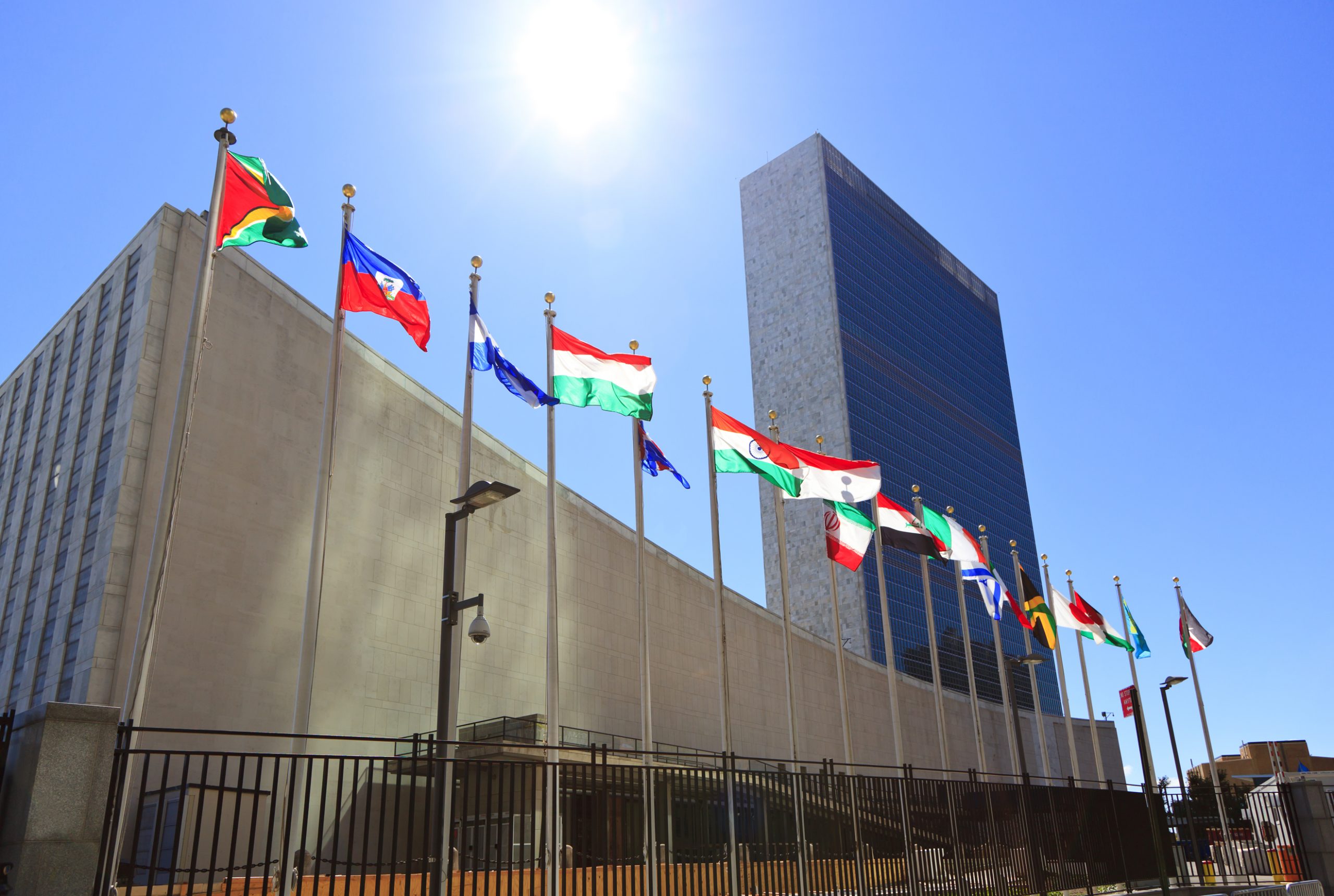
Thought Leadership
WEI is a leader in bringing intersectional gender and disability rights perspectives to cutting-edge, complex and controversial human rights issues. WEI took on the contentious debates around abortion and disability in a ground-breaking report on the realities that women and gender nonconforming persons with disabilities face in accessing and exercising their reproductive rights.
After undertaking a broad consultation with women and nonbinary people with disabilities, WEI’s Abortion and Disability framing document amplified the voices of those living at the intersection of gender and disability—voices often excluded from this ongoing debate—to navigate the perceived tensions between advocates working from disability and abortion rights perspectives. The publication identifies the considerable common ground on which to build and offers targeted suggestions for advocating for abortion rights without stigmatizing disability.
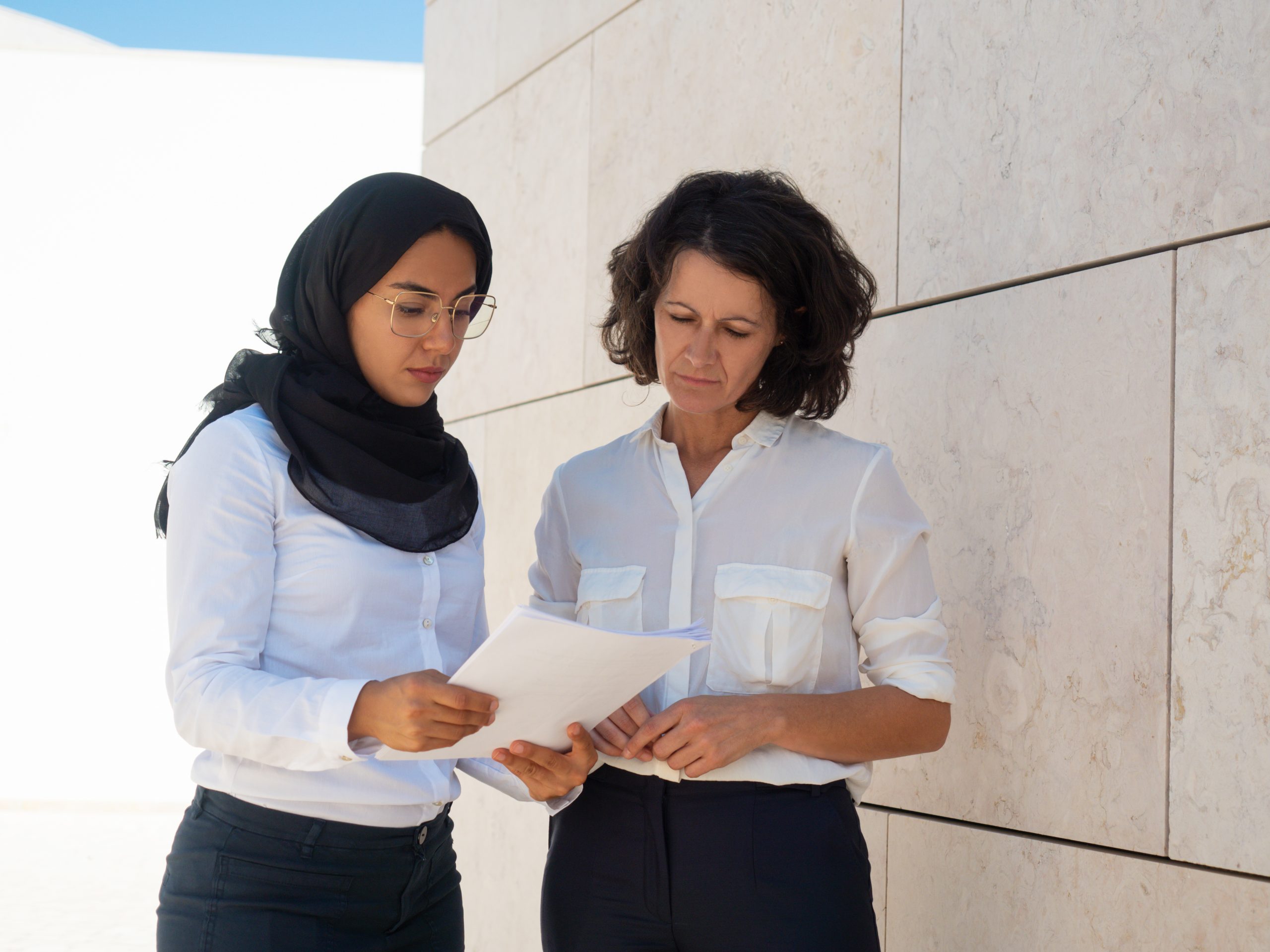
accountABILITY
WEI’s groundbreaking accountABILITY Toolkits and accompanying training workshops have empowered people living at the intersection of gender of disability and organizations working on their behalf with the knowledge and skills to make use of available human rights mechanisms to hold States accountable for their human rights obligations and to advance the rights of women and gender nonconforming persons with disabilities worldwide.
Our inaugural comprehensive toolkit comprises a guide to advocacy with the U.N. human rights system, analyses of U.N. human rights standards on sexual and reproductive health and rights and on the right to be free from gender-based violence, and fact sheets summarizing how civil society can engage with UN treaty bodies, UN Special Procedures, and the Universal Periodic Review. WEI expanded our accountABILITY Toolkit resources in 2021 to include toolkits for using the African and Inter-American regional human rights systems.
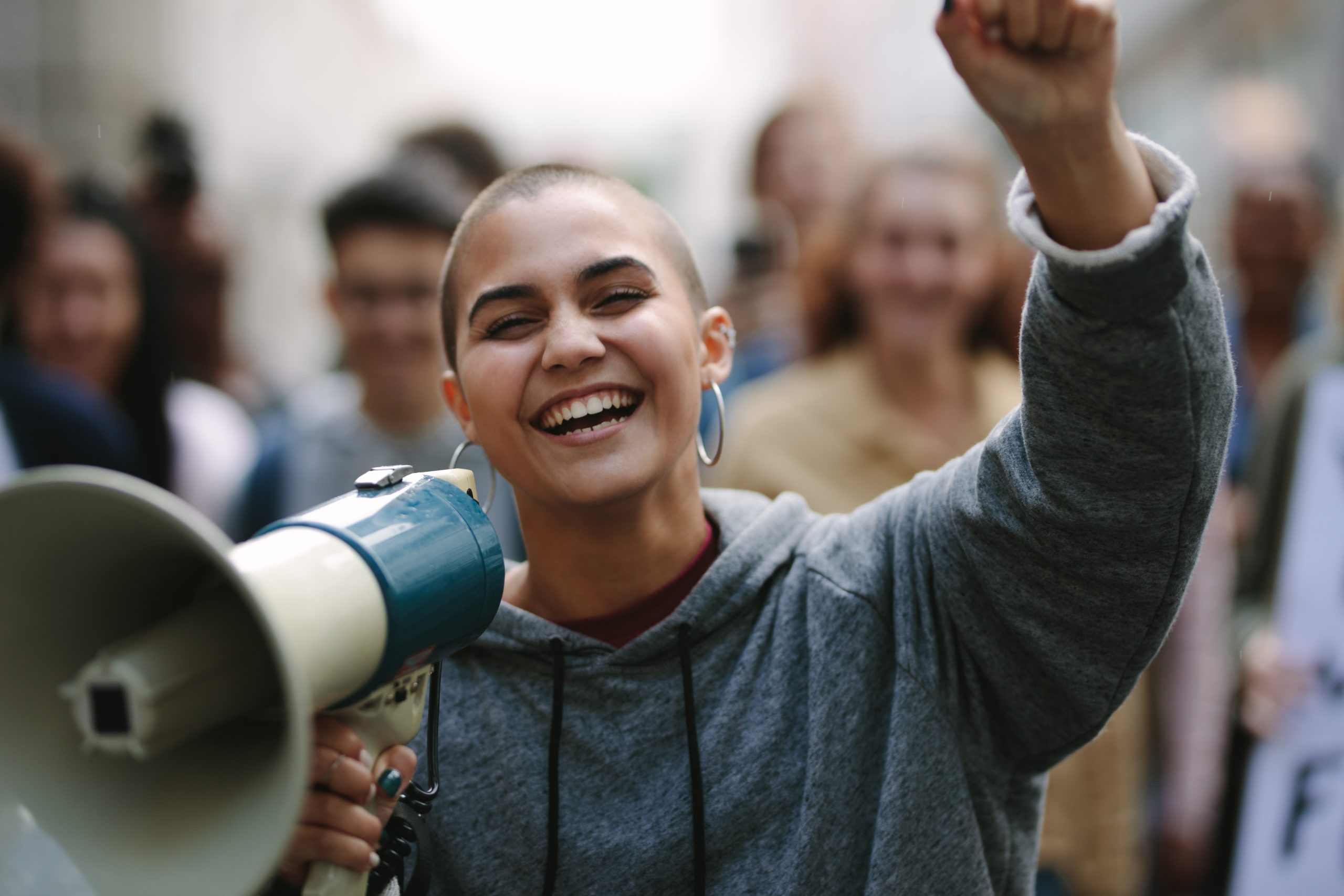
Building Inclusive Movements
Guidelines on Disability Inclusion
Generation Equality
Women, Peace and Security
Guidelines on Disability Inclusion
Working in partnership with the United Nations Population Fund, WEI researched and a co-authored “Women and Young Persons with Disabilities: Guidelines for Providing Rights-Based and Gender-Responsive Services to Address Gender-Based Violence and Sexual and Reproductive Health and Rights.” Launched in November 2018, the Guidelines provide practical and concrete guidance service providers, as well as for governments and civil society actors involved in designing, developing, implementing, advocating for, and monitoring gender-based violence or sexual and reproductive health services for women and young persons with disabilities.
Following publication, UNFPA asked WEI to conduct trainings on the Guidelines for 370 stakeholders from 76 countries in 6 UNFPA global regions: Eastern and Southern Africa; Western and Central Africa; Eastern Europe and Central Asia; the Pacific Sub-Region; North Africa and the Arab States; and Asia. WEI continues to partner with UNFPA regional offices to support implementation of the Guidelines and provide technical guidance on disability inclusion in gender-based violence and sexual and reproductive health service provision.
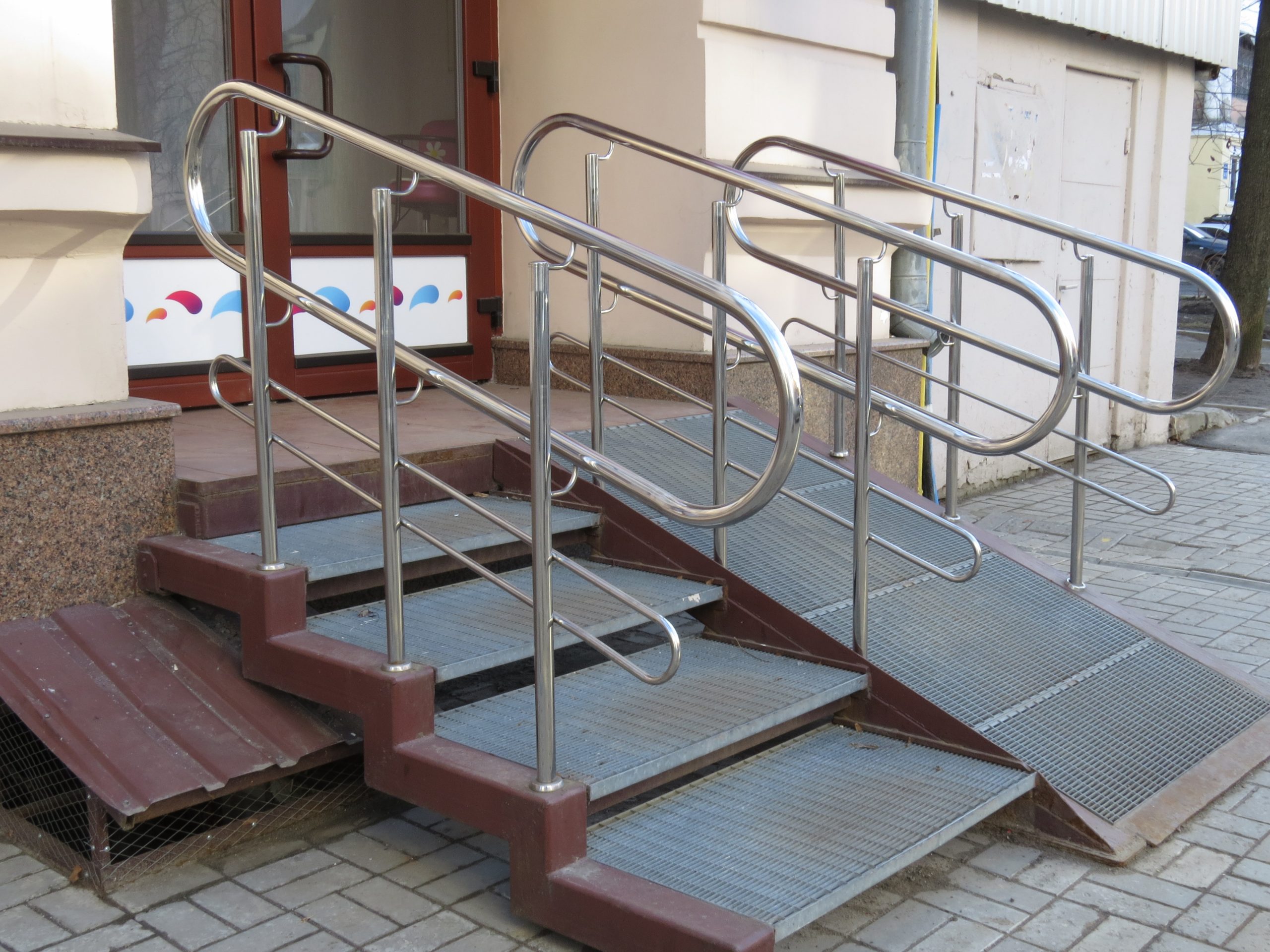
Generation Equality
The Generation Equality Forum (GEF) is a series of global gatherings convened by U.N. Women to take stock of progress 25 years after the adoption of the Beijing Platform for Action and chart an agenda to realize gender equality by 2030. WEI is seizing the opportunity for civil society engagement in GEF to ensure meaningful inclusion of feminists with disabilities in setting the gender equality agenda for the next decade.
WEI is leveraging its role as a civil society leader on the Feminist Movements & Leadership Action Coalition to directly influence the outcomes of the GEF process, ensuring that those outcomes reflect priorities for feminists with disabilities worldwide. As one of the only organizations working at the intersection of gender and disability to be formally included in the GEF, WEI has felt a particular responsibility to feminists with disabilities to be a conduit for information about the process and to be ensuring accessibility and inclusivity in meetings and events.
With that responsibility in mind, after hosting a series of organizing events in early 2021 that attracted a diversity of individuals and organizations from every continent, WEI convened the Inclusive Generation Equality Collective. This Collective, made up of feminists with disabilities and organizations advocating at the intersection of gender and disability, produced a information sheet for other feminists with disabilities that outlines what the GEF is and responds to frequently asked questions about how to engage with the process. The Collective also formed working groups to develop an advocacy agenda aimed at the GEF, to communicate that agenda, and to undertake advocacy with States, intergovernmental bodies, U.N. agencies, and other civil society organizations engaged in the GEF process.
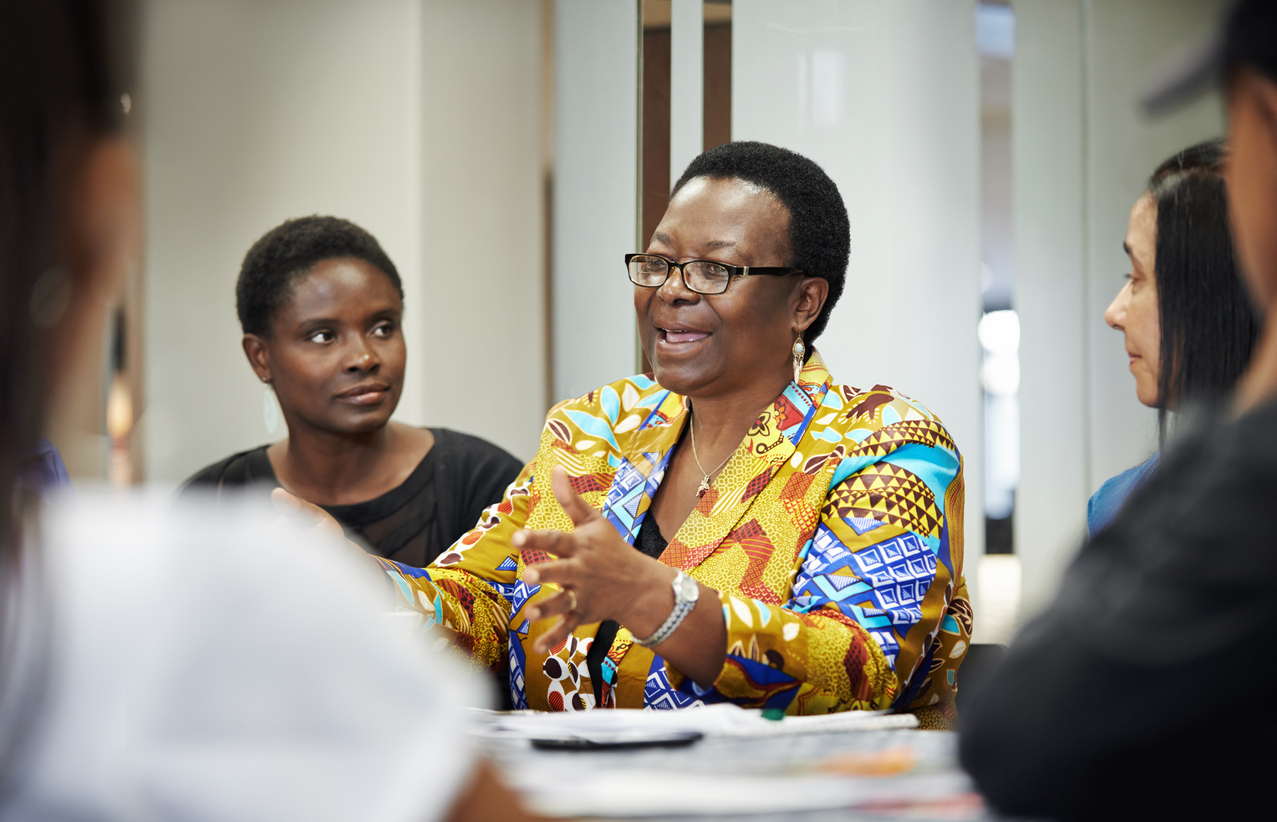
Women, Peace, and Security
The NGO Working Group on Women, Peace and Security a project of Tides Center, is a consensus-based coalition of 19 international non-governmental organizations working from the premise that sustainable peace can only be achieved if women’s human rights are promoted and respected and that women have meaningful participation across all conflict prevention and resolution efforts, as well as in post-conflict rebuilding activities.
After accepting an invitation to join the NGO Working Group on Women, Peace, and Security in 2020, WEI informed the development of the roadmap the Working Group was formulating upon the 20th anniversary of UN Security Council Resolution 1325. From the start, we informed a number of priorities in the roadmap to make them more disability-inclusive, for example regarding involving women with disabilities in planning for disaster relief and developing early warning systems for conflict. Through the Working Group, we also nominated and supported the first deaf woman to brief the Security Council, informing her statement from a gender and disability perspective, and increased the Working Group’s capacity to support disabled women activists to participate in future Security Council meetings and briefings.
